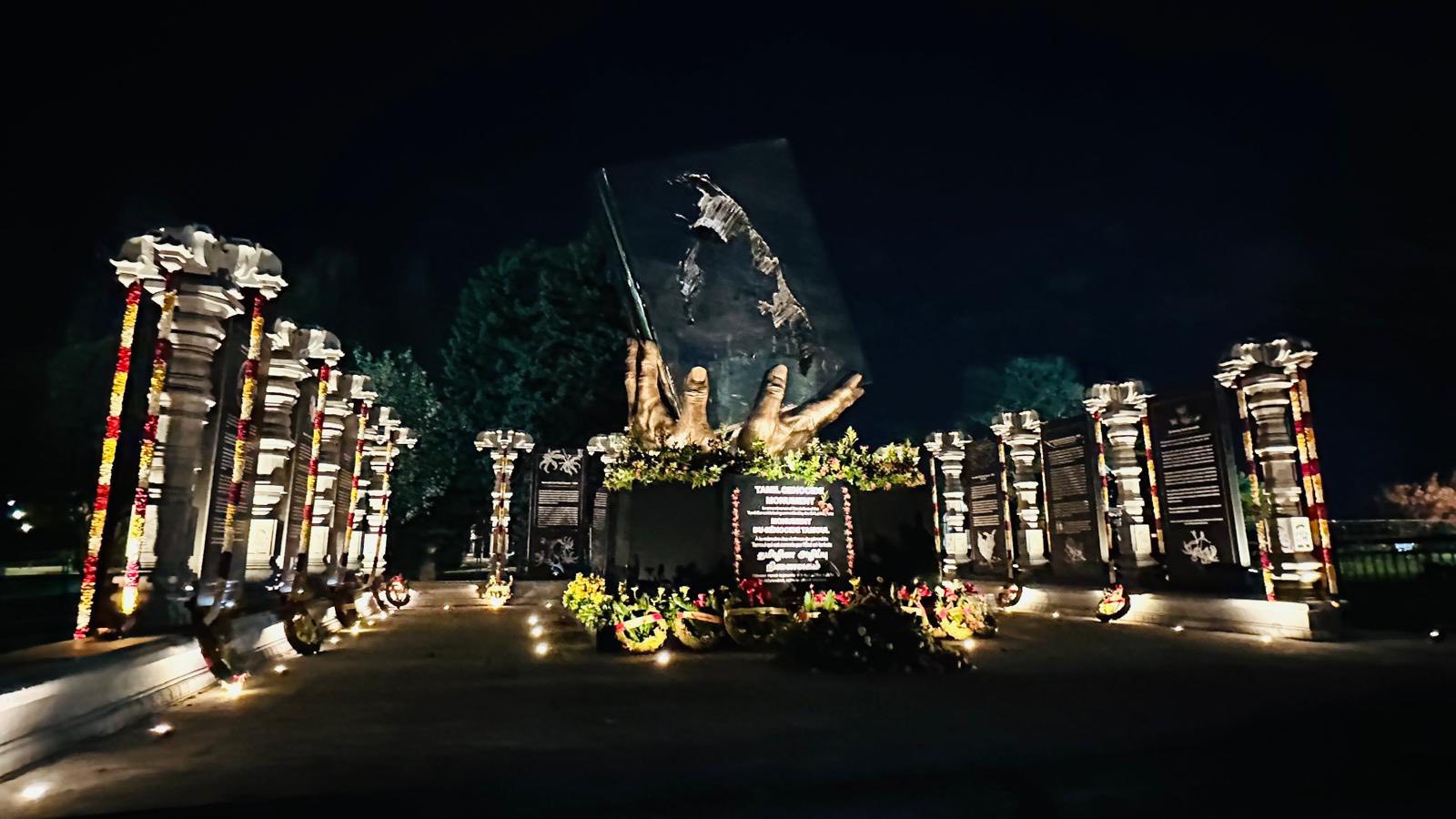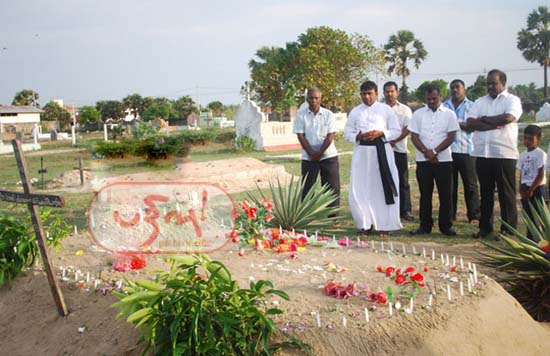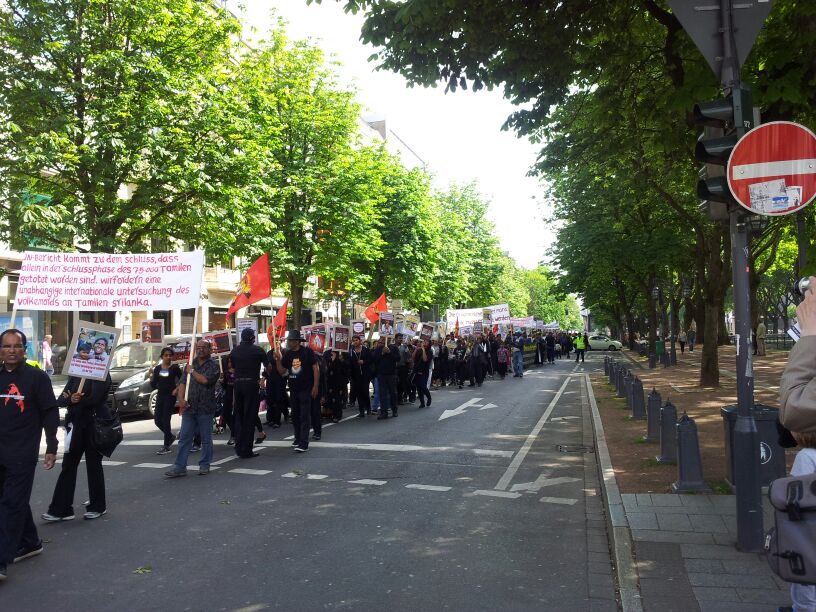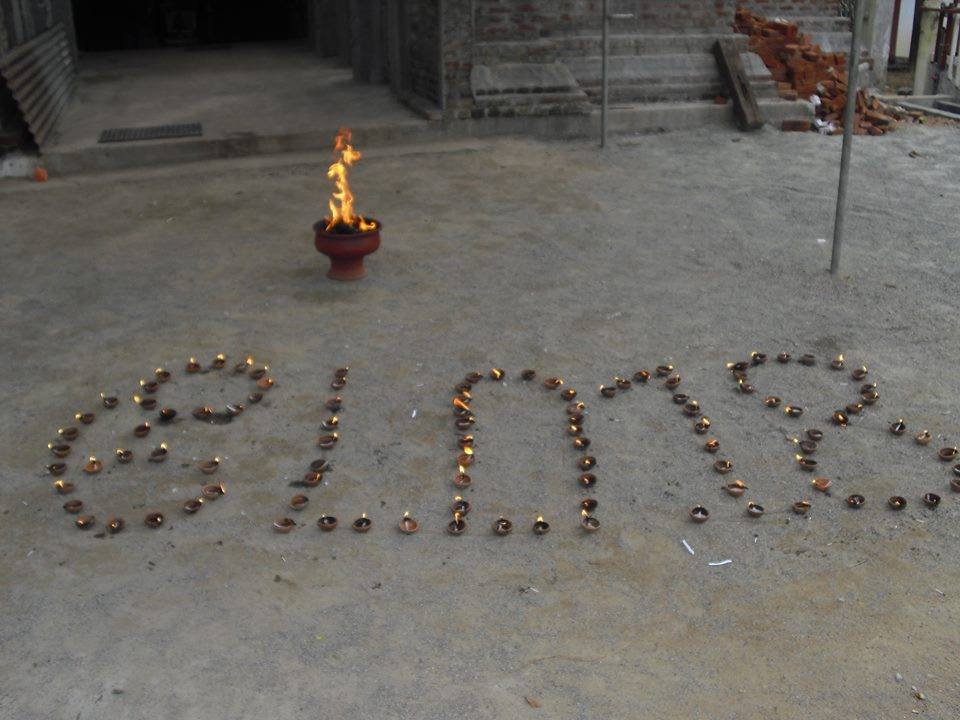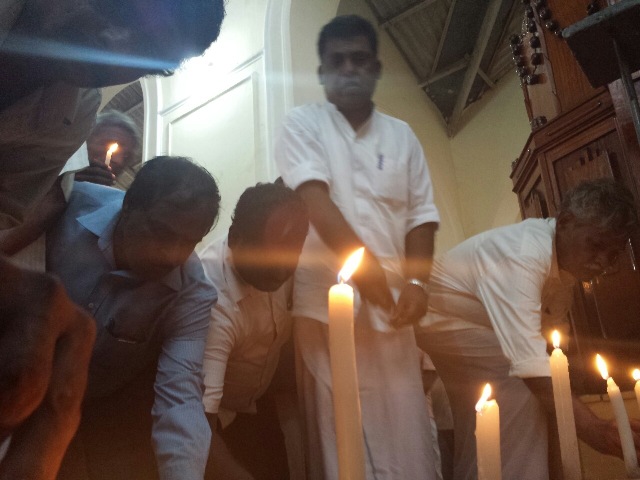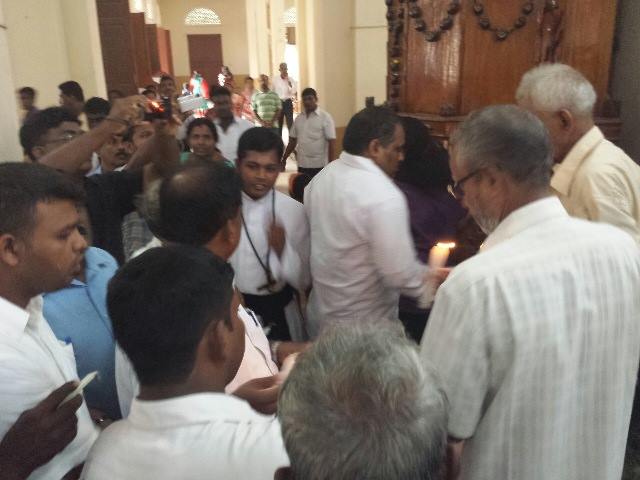Sri Lanka should comply with rights probe – HRW
Sri Lanka should comply with the March 2014 United Nations Human Rights Council resolution, which created an international investigation into allegations of serious abuses by both sides, Human Rights Watch said today.
The New York-based organisation said Sri Lanka had resisted taking meaningful steps to investigate allegations of war crimes as recommended by previous resolutions in 2012 and 2013.
“The Sri Lankan government denounced the Human Rights Council resolution, yet for five long years it has failed to act on its promises to investigate and bring to justice wartime atrocities,” said Brad Adams, Asia director of HRW.

